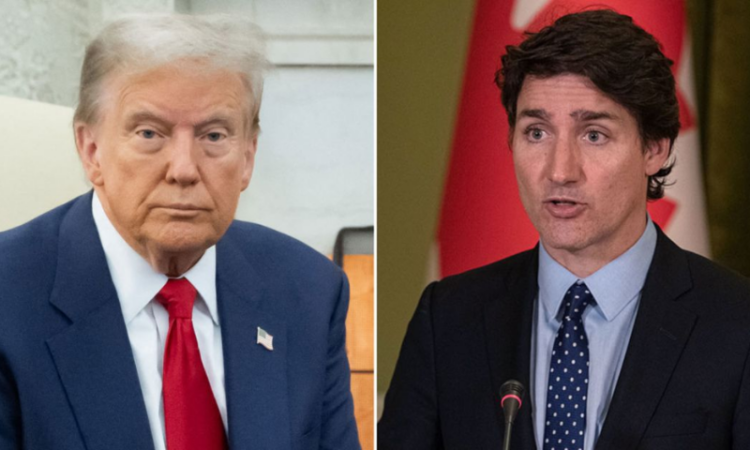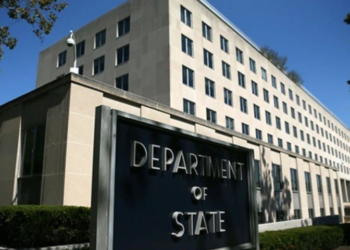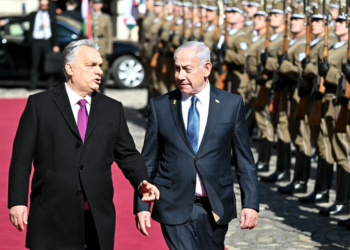Toronto, January 8, 2025: Diplomatic tensions flared recently as U.S. President-elect Donald Trump and Canadian Prime Minister Justin Trudeau clashed in a heated public debate over a controversial proposal—Canada becoming the 51st state of the United States. The unprecedented suggestion, made by Trump, ignited a firestorm of criticism, raising serious concerns about national sovereignty and bilateral relations.
The debate took a dramatic turn when President-elect Trump floated the idea during a press conference, claiming that Canada’s integration into the U.S. would yield substantial economic and security benefits. Trump asserted, “If Canada merged with the U.S., there would be no tariffs, taxes would go way down, and they would be TOTALLY SECURE from the threat of the Russian and Chinese ships that are constantly surrounding them. Together, what a great Nation it would be!!!” He further suggested the use of “economic force” to advance this integration, pointing to trade deficits and border security as key motivators.
Prime Minister Trudeau was quick to respond, vehemently rejecting the notion and reaffirming Canada’s sovereignty. He stated, “There isn’t a snowball’s chance in hell that Canada would become part of the United States.” Trudeau underscored the value of the current partnership between the two countries, emphasizing that both benefit from maintaining their distinct national identities while working together on trade and security.
The Canadian government and several prominent political figures swiftly rallied behind Trudeau’s stance. Foreign Minister Mélanie Joly condemned the idea, reiterating Canada’s strength and independence. Meanwhile, Conservative leader Pierre Poilievre echoed the Prime Minister’s sentiments, declaring that “Canada will never be the 51st state,” and highlighting the country’s proud history of self-governance.
Adding a touch of humour to the otherwise tense situation, Ontario Premier Doug Ford jokingly suggested that, if anything, Canada could consider purchasing U.S. states like Alaska and Minnesota. Ford’s light hearted remark served as a witty rebuttal, signalling that any conversation about annexation would be entirely one-sided.
International reactions have been swift and critical. Trump’s proposal and his mention of potentially using military force to assert control over other territories, including Greenland and the Panama Canal, have drawn rebukes from global leaders. Danish Prime Minister Mette Frederiksen and Panama’s Foreign Minister Javier Martinez-Acha firmly rejected any notion of compromising their nations’ sovereignty.








